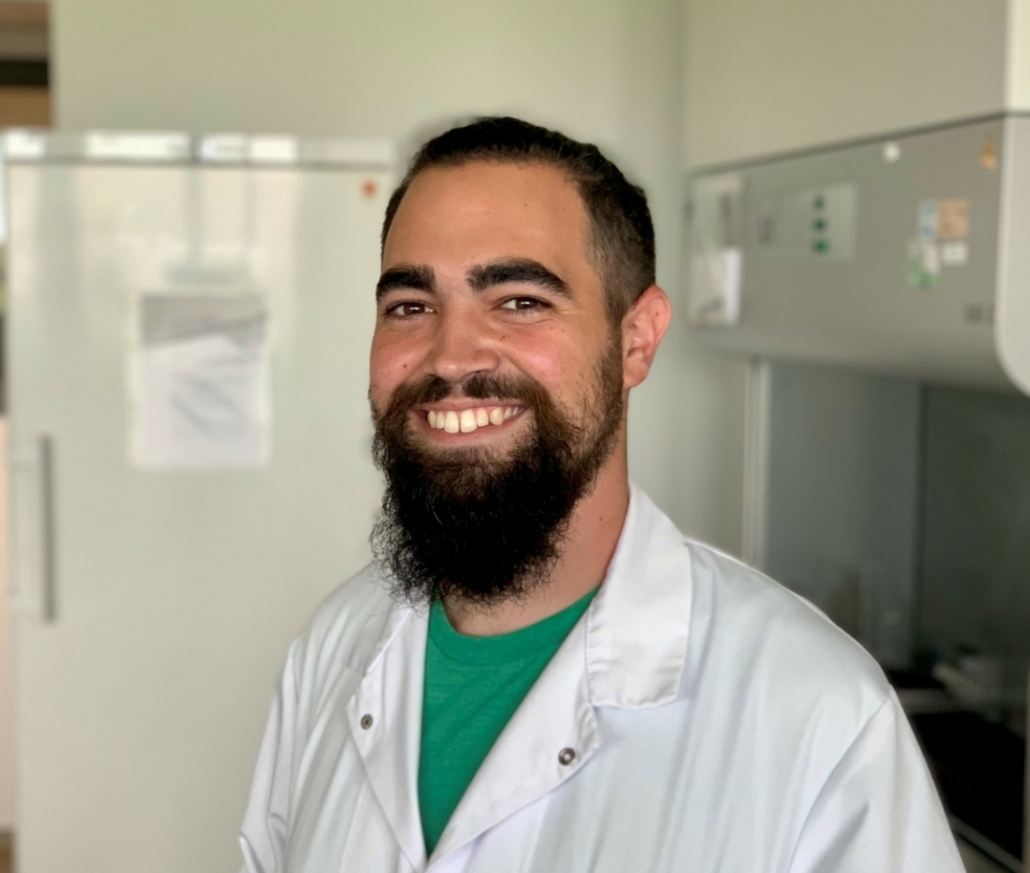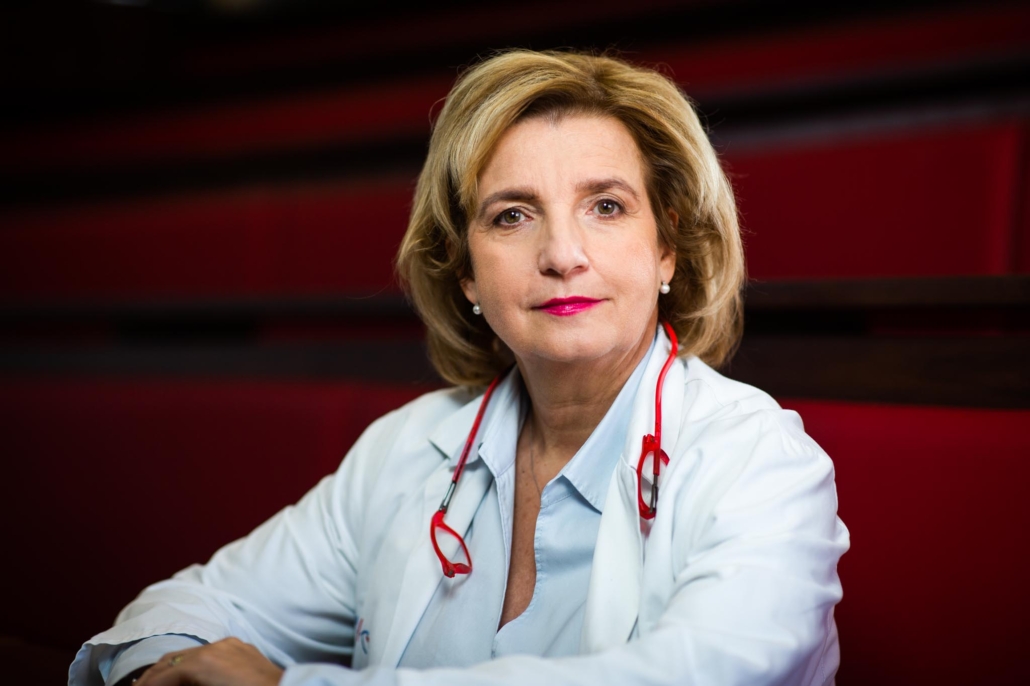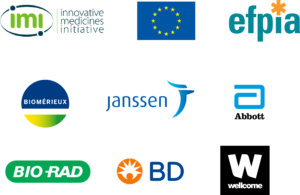Archive for year: 2022
Does diagnostic testing always decrease antibiotics prescriptions?
https://www.value-dx.eu/wp-content/uploads/2022/09/New-publication-aug.png
1588
3008
Leandra
https://www.value-dx.eu/wp-content/uploads/2019/07/Logo-300x124.png
Leandra2022-09-05 11:53:402022-09-05 11:54:50Does diagnostic testing always decrease antibiotics prescriptions?
https://www.value-dx.eu/wp-content/uploads/2022/04/bojana-beovic.jpg
1365
2048
Leandra
https://www.value-dx.eu/wp-content/uploads/2019/07/Logo-300x124.png
Leandra2022-07-29 14:17:232022-10-04 19:03:44Interview with Professor Bojana Beović
https://www.value-dx.eu/wp-content/uploads/2022/07/20B05FF.png
217
600
Leandra
https://www.value-dx.eu/wp-content/uploads/2019/07/Logo-300x124.png
Leandra2022-07-14 12:12:252022-07-14 12:12:25WAAW 2022 theme announced
https://www.value-dx.eu/wp-content/uploads/2022/07/Value-dx-ecraid-press-release-image.png
1080
1920
Leandra
https://www.value-dx.eu/wp-content/uploads/2019/07/Logo-300x124.png
Leandra2022-07-14 07:29:452022-07-14 07:29:45Ecraid press release on European response to monkeypox virus outbreak
https://www.value-dx.eu/wp-content/uploads/2022/07/VALUE-Dx-publication-image.jpg
1080
1657
Leandra
https://www.value-dx.eu/wp-content/uploads/2019/07/Logo-300x124.png
Leandra2022-07-12 12:30:242022-07-14 07:38:21POC Diagnostics in General Practice: the Effects on Antimicrobial Resistance
https://www.value-dx.eu/wp-content/uploads/2022/01/AMR.jpg
607
856
Leandra
https://www.value-dx.eu/wp-content/uploads/2019/07/Logo-300x124.png
Leandra2022-01-12 08:41:162022-07-15 08:53:26Diagnostics for AMR: Building back better from the COVID-19





